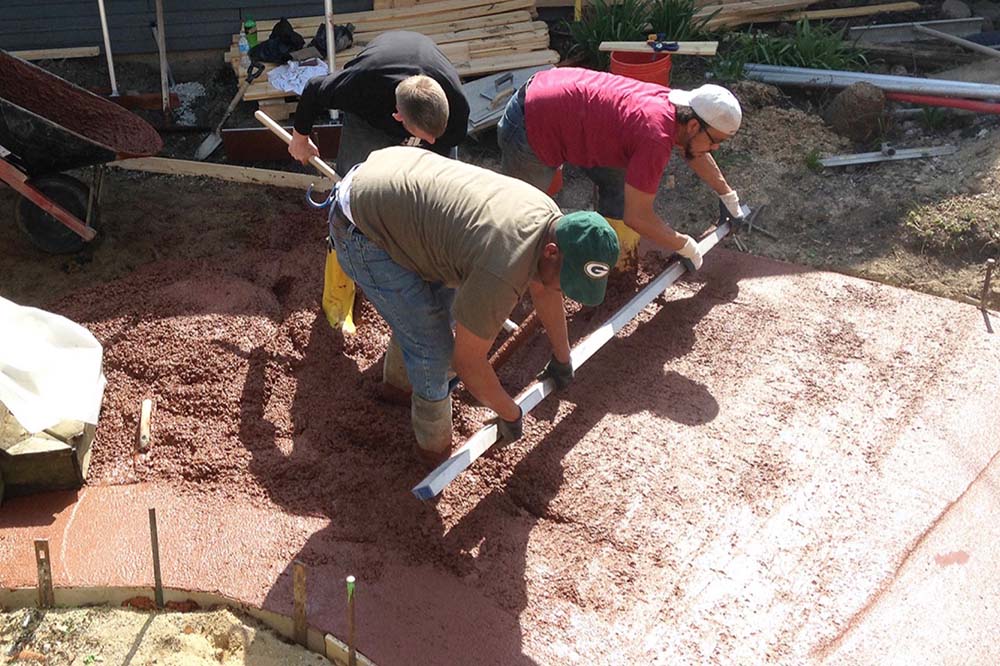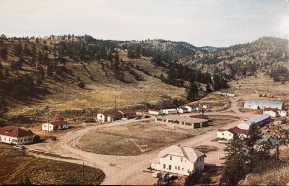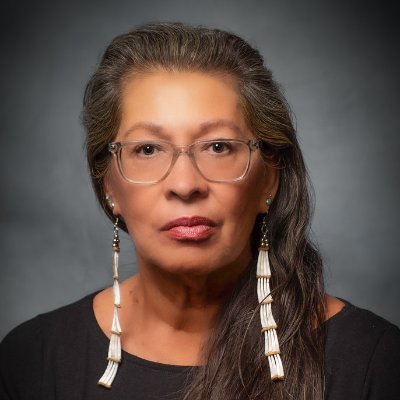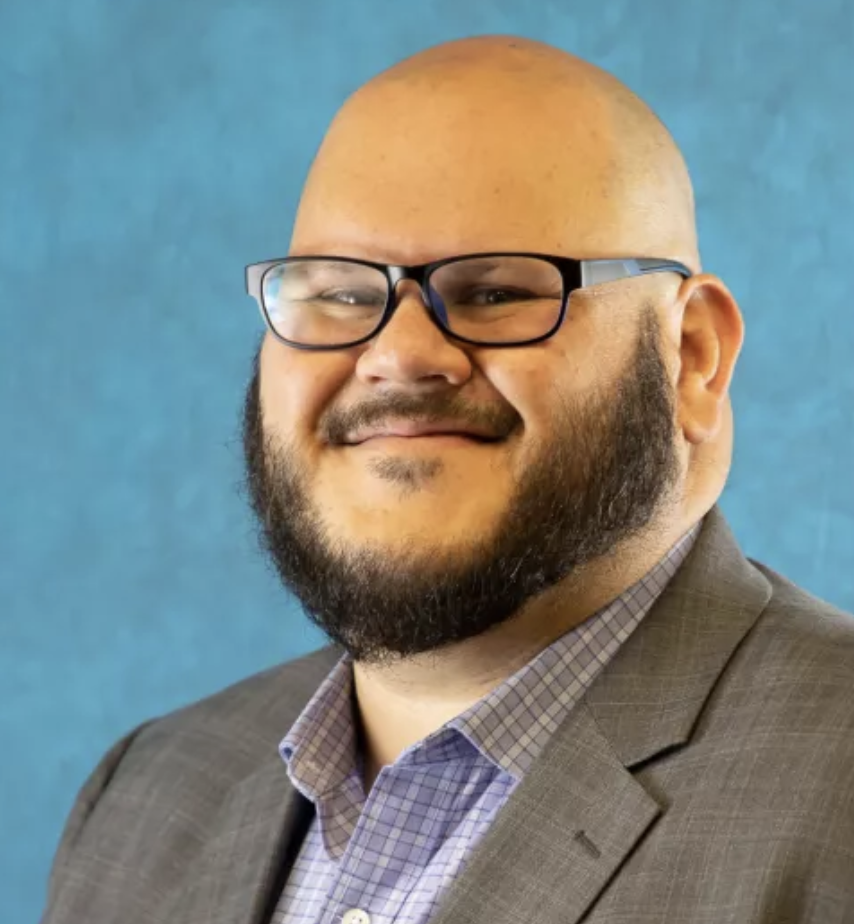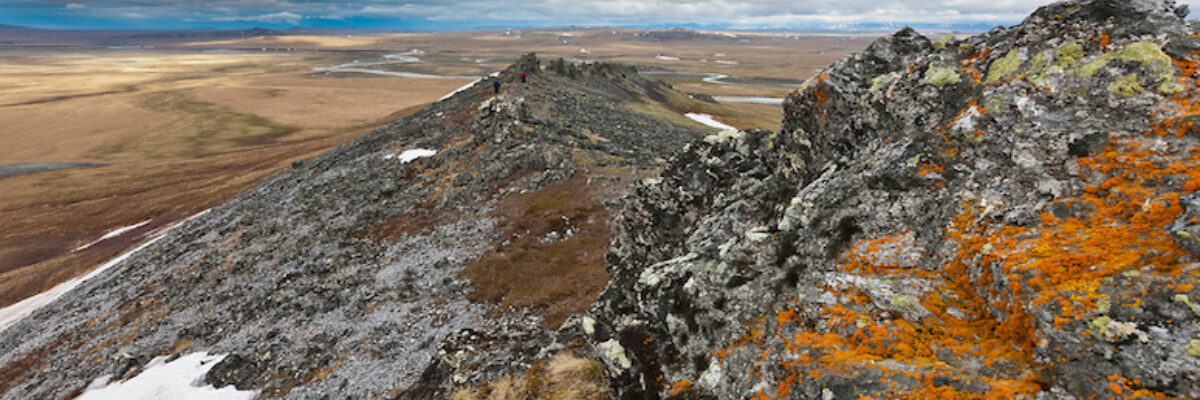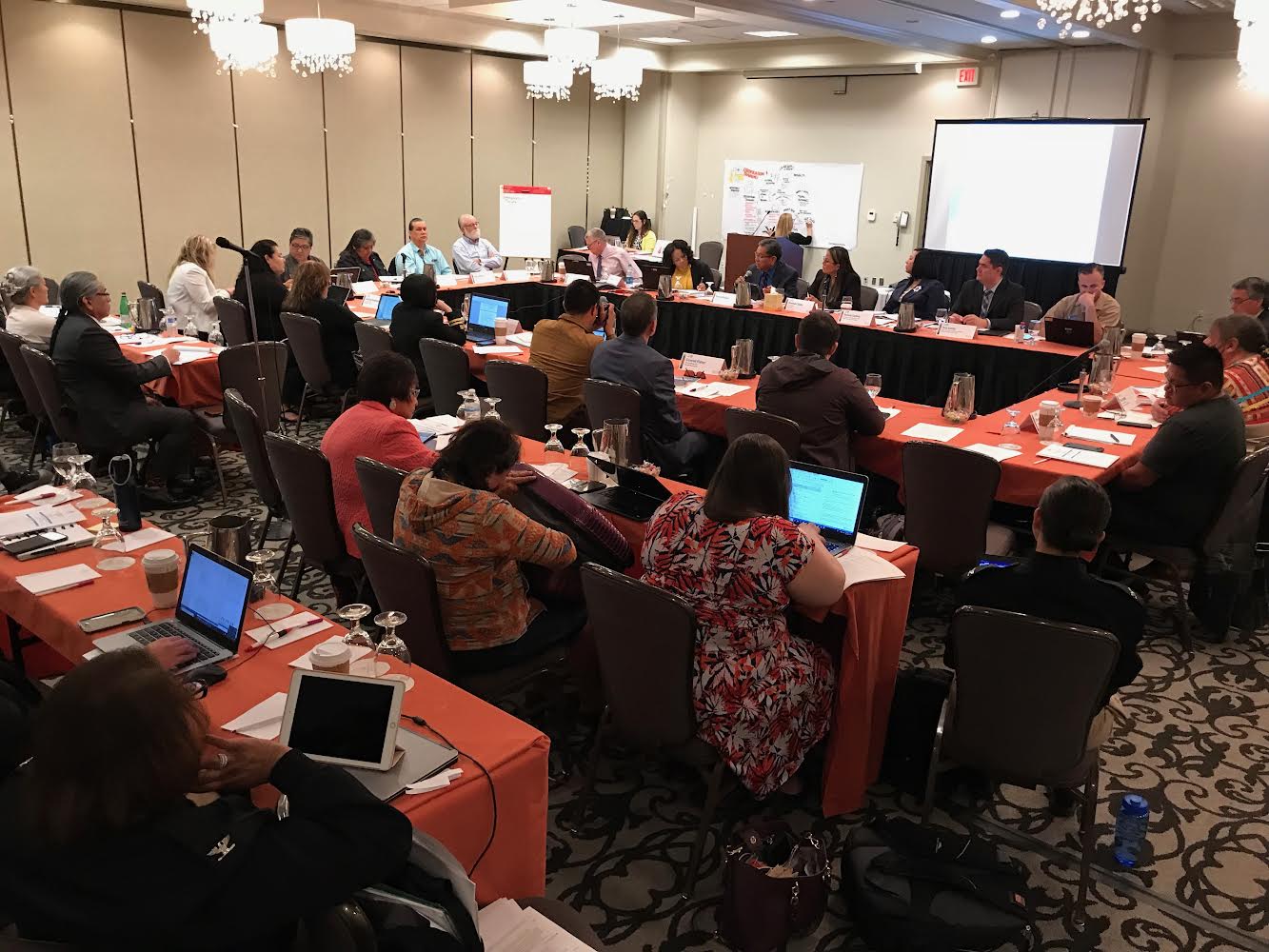
- Details
- By Jenna Kunze
The Indian Health Services (IHS) yesterday awarded $7.7 million over two years to 10 tribes and tribal organizations to support the expansion of the Community Health Aide Program (CHAP), a national program designed to increase access to culturally-sensitive health care across Indian Country.
What is CHAP?
The Community Health Aide Program began in 1968 in Alaska as a response to a tuberculosis outbreak. The idea behind CHAP expansion is to train health aides in rural communities to work alongside licensed health providers. The idea behind it was to expand care in communities with limited health care professionals, reduce wait time for patients, and increase staff retention by training people within the community who are more likely to stay. Congress authorized the program’s national expansion in 2010, but this is the first year the program has funding to award grants nationally.
Want more Native News? Get the free daily newsletter today.
“Let's say you're going in to see your therapist,” explained Minette Galindo, lead of the CHAP program. “Typically, you would encounter probably two people if you're in Indian Country: the person that checks you in at the front desk, and then, ultimately, your therapist who's going to provide your services. Imagine the wait time is six to eight months because there’s only two people on the care team. What CHAP is, is it expands your care team. So rather than it just being that one or two people that you see, you might actually see two or three people.”
Additionally, CHAP is intended to “cross pollinate” traditional healing with Western medicine, Galindo said. For example, behavioral health aides in Alaskan villages might combine patient intake with traditional berry picking.
“We can walk through our neighborhood and pick berries, and I can talk to you about substance misuse,” she said. “Or I could talk to you about the fact that you just lost a loved one. And that's what makes CHAP very unique to Indian Country, because it ... cross pollinates traditional healing with what we know to be medicine...in the Western sense.”
CHAP’s programming trains three different health aide provider types who work under a licensed clinician: behavioral health aide, dental health aide, and community health aide.
IHS split its CHAP grants into two separate programs: a Tribal Planning & Implementation (TPI) Grant to support tribes looking into the feasibility of CHAP, and the Tribal Assessment & Planning (TAP) Grant for communities ready to roll out their planning.
Who are the grantees?
Seven tribes and tribal organizations received $669,000 each over two years through the CHAP Tribal Assessment and Planning grant program to assist with the planning and assessment of whether the CHAP workforce model would be an appropriate fit for their existing tribal health system and their health care needs in the fields of primary, behavioral, and oral health.
Additionally, three tribes or tribal health groups were each awarded $1 million over two years in TPI grants to implement their new healthcare models. They are: The Northwest Portland Area Indian Health Board in Portland, Oregon; The Lummi Nation in Northwest Washington; and Fort Belknap Indian Community in north-central Montana.
According to Galindo, each tribe’s plan differs based on need.
The Northwest Portland Area Indian Health Board will use its grant to focus on supporting education and continuing education programs that provide alternatives to mainstream education and health care and elevate tribal, cultural, and indigenous traditions, priorities, and values, according to their grant application summarized by IHS.
“The Northwest Portland Area Indian Health Board’s Tribal Community Health Provider Project is grateful to the Indian Health Service for prioritizing CHAP initiatives nationwide,” said Northwest Portland Area Indian Health Board CHAP Project Director Carrie Sampson-Samuels.
“As a grantee, we look forward to expanding tribal community health providers throughout our northwest tribal communities and continuing to advance health equity, break down barriers to health education for Native people, and prioritizing tribal traditions and values in education and health care promotion and delivery,” said Northwest Portland Area Indian Health Board CHAP Project Director, Carrie Sampson-Samuels.
The Lummi Nation plans to use its grant money to work closely with two existing Tribal health programs — Elder Health Care Program and the Behavioral Health Program—to address key focus areas.
In Montana, the Fort Belknap Indian Community plans to use their money to focus on building a training and education network through local tribal colleges and universities, while increasing tribal participation in the development of the Billings Area CHAP Certification Board.
What is the hope for the outcome?
Galindo said she hopes this grant cycle will help tribes develop best practices in planning and implementation that other tribes can look to in the future.
“In supporting our mission, we're supporting self determination,” she said. “Having our tribes decide whether CHAP is a good fit.”
Some tribes might find that the workforce models that they currently use are working, and they don’t need to incorporate CHAP. Others might see that their return of investment for their community isn’t what it could be, and they could benefit from a new model.
“Having the option to say, …‘here's some best practices and these three tribes or tribal organizations that we awarded, they can demonstrate some best practices on what it looks like when a tribe is at the center of making the choice.’”
The other seven grantees plan to provide best practices on how a tribe can assess its own system, she added.
“My vision and hope for the program is that we really get to see the innovation of our tribe change the way we deliver health care.”
More Stories Like This
Native News Online Editor Selected for Prestigious Health Journalism FellowshipQ&A: 'Statistical Unmarked Graves' — How Data Erasure Masks Native American Deaths
Expanded Radiation Compensation Act Could Increase Payments to SW Tribal Members
Mark Cruz, a citizen of the Klamath Tribes, Sworn in as Senior Advisor to HHS Secretary Robert F. Kennedy, Jr.
Indian Health Care Resource Center of Tulsa Announces Ribbon Cutting for Its Expansion on July 2




